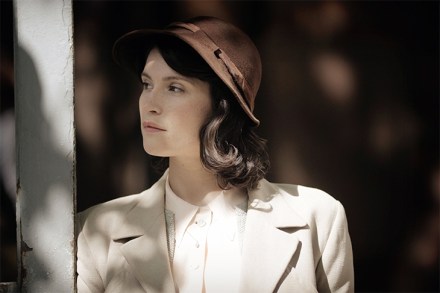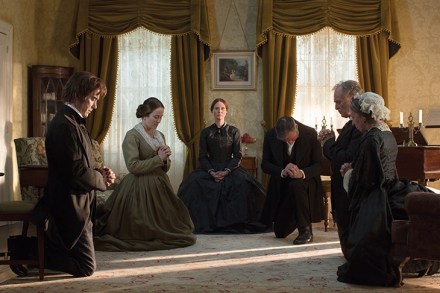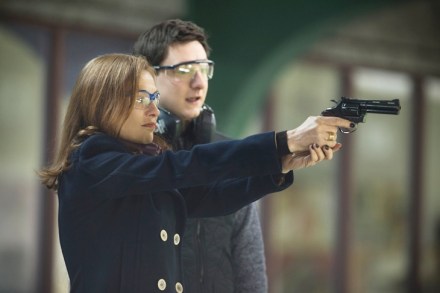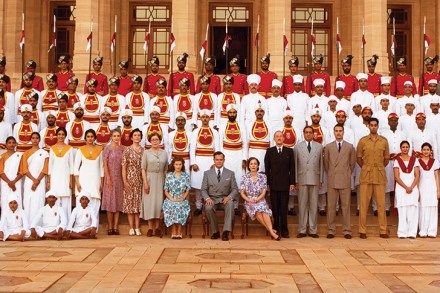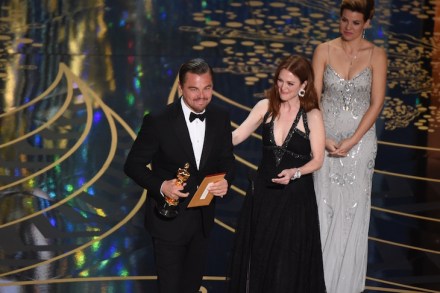Cinderella in China
She was a foundling in her own family, shunted to adoptive parents for two years, then to the edge of China, to a fishing village on the East China Sea, and to a furious, alcoholic grandfather and a grandmother sold at 12 into marriage for some pottage, and never given a name. Is that colourful enough for you? But there is more: the life story of the young Chinese filmmaker and novelist Xiaolu Guo makes Cinderella’s seem bland. The hovel she lived in until she was seven was on Anti-Pirates Passage. Her grand-father, a failed and bitter fisherman, lost his livelihood in the 1970s, when the Chinese state collectivised fishing


